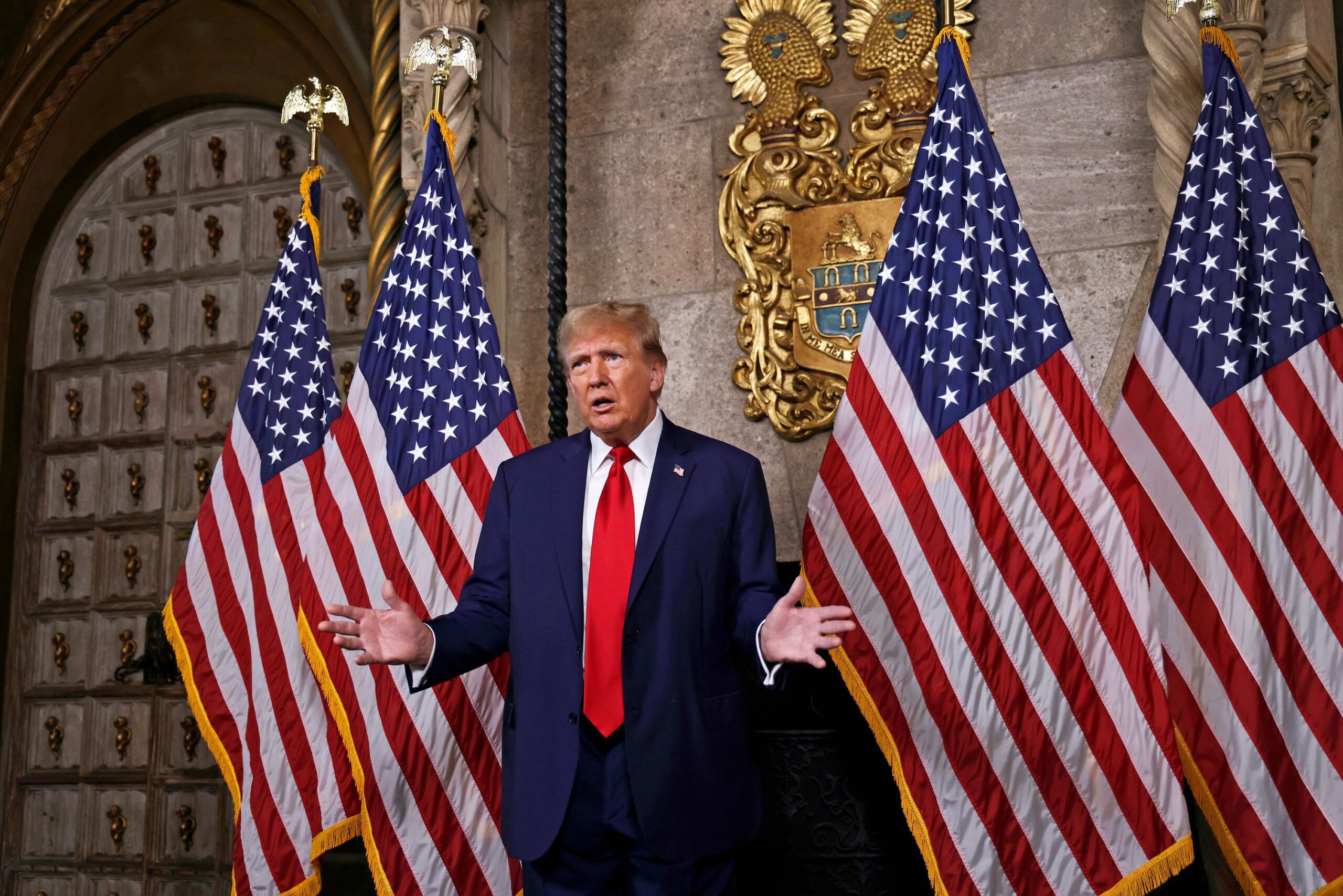As Super Tuesday approaches, former President Donald Trump continues to dominate the Republican Party, potentially surpassing the primary and caucus victories of any non-incumbent Republican presidential candidate in history. This success reflects his transformation of the GOP into a party that resonates with blue-collar workers, populists, and those who share his grievances against elites and cultural and racial change.
Despite the reluctance of most GOP elected officials to endorse Trump’s remaining rival, their recognition of Trump’s near-absolute loyalty from the majority of the GOP coalition is evident. However, Trump’s stronghold on the GOP also highlights his continued vulnerability among white-collar suburban voters, a demographic that has shown resistance to his vision since his 2015 candidacy announcement.
Key Lessons from the Primaries
The most crucial takeaway from the primaries is the dominance of Trump’s coalition within the GOP. Despite Nikki Haley’s victory in the low-turnout Washington, DC, primary, Trump’s performance surpasses any non-incumbent Republican. His appeal to Republican voters is akin to that of an incumbent president, a perception that has contributed to his lead in the GOP race.
However, Trump’s support base has shifted since 2016. He now relies more heavily on the party’s most conservative elements, with a significant increase in support from voters identifying as very conservative and White evangelical Christians. The education divide has also widened, with Trump performing significantly better among voters without a degree.
Resistance and the Future of the GOP
Despite Trump’s dominance, a significant minority of primary voters remain resistant. The size and consistency of the hold-out coalition behind Haley have surprised many within the GOP. This resistance, particularly from college-educated Republicans and moderates, suggests a shift in the party’s power dynamics, with traditional center-right Republicans now constituting a minority in a party dominated by Trump’s more populist coalition.
Trump’s influence has also significantly shifted the party’s stance on foreign policy, with a majority of Republicans now favoring a more isolationist approach. This shift is evident in the party’s elite and grassroots, with GOP elected officials increasingly endorsing Trump.
Implications for the General Election
As Trump nears a potential knock-out blow on Super Tuesday, the question remains: what will Haley and her voters do in November? While Haley’s coalition may not be large enough to deny Trump the nomination, it could be significant enough to deny him a general election victory. However, distaste for Biden’s record and capacity may limit Democrats’ ability to convert Republican voters skeptical of Trump.
Regardless of the outcome of this year’s election, Trump’s influence on the GOP is likely to persist. His consolidation of power within the party infrastructure and the alignment of ambitious younger Republicans with his vision suggest that his shadow will envelop the GOP for years to come.

